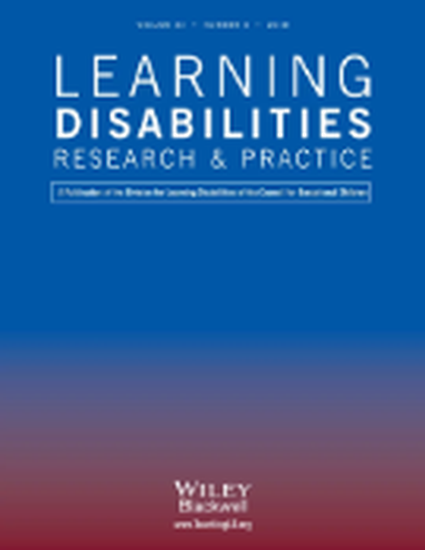
Universal screening practices play a critical role in preventing reading difficulties. Screening decisions typically rely on results from several curriculum‐based measurement (CBM) tools. In this study, data from 236 first graders were pulled as a subsample from a statewide study. Participants completed multiple early literacy CBM tools and an outcome measure. Performance differences were compared across tools and publishers to examine classification accuracy. Results show no differences in performance between nonsense word fluency tools across publishers, yet differences were found examining classification accuracy. We also report results of an exploratory analysis examining whether improvements in testing efficiency in early literacy screening are possible via multiple‐gating procedures. Improving the accuracy and efficiency of screening procedures are discussed as implications for practice.
Available at: http://works.bepress.com/jeremy_ford/13/
